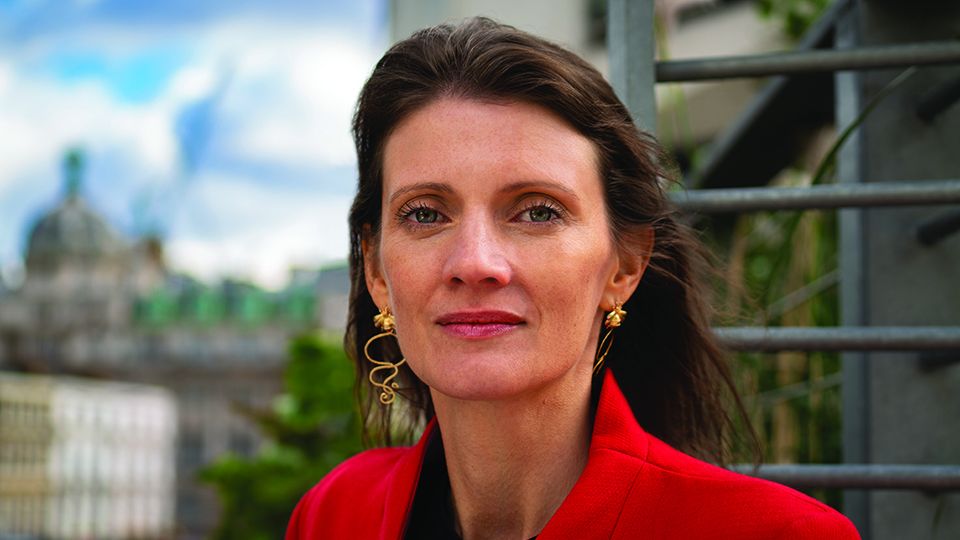The crowd at PRI in Person is always a tonic, and some Barcelona winter sunshine was also very welcome. Hot on the heels of a mixed bag at COP27, the global investment community were urged to recommit to keeping the 1.5 degree goal in play with a call for continued collaboration on climate issues. Board member Takeshi Kimura (Nippon Life Insurance Company) put the challenge to the global investor community perfectly: “We need to be future makers, not future takers”.
With a few years since the last gathering, a casual observer might have noticed many of the same topics under discussion. Fortunately, the conversation has progressed from the discussion phase, and we heard from Principles for Responsible Investment (PRI) members on technical projects such as those driving to net zero.
An uplifting moment was the launch of the stewardship initiative Advance, which will bring institutional investors together to tackle social and human rights issues and kicks off in the metals and mining space.
See also: – PRI garners support from 220 investment groups for human rights initiative
The increased focus on the ‘S’ in ESG was clear across the agenda in two ways; the desire to share experiences and expertise, and the need for more structure and clarity on how we measure and monitor progress.
Time to look outwards on culture
While I applauded the diversity of voices on stage, which PRI always manages well, I was keen to hear more about how we change the culture of the investment industry, which was a tantalising trailer in the opening plenary.
The community culture was on display in how the discussions were held but was still outwardly focused – how investors engage with companies on social issues including human rights, working conditions and diversity.
In the future, I hope to see more reflection on how the internal culture of investors reflects and affects their investment practice.
Terminology discussed
We saw discussions on disclosure and terminology in an evolving regulatory environment. The lack of alignment in main jurisdictions, notably the EU and the US, is not yet a barrier but it is an energy-sapping hurdle.
No one was really keen to nail down definitions that would create arbitrary product marketing under SDFR, SEC or FCA rules, but the need for a more pragmatic look at the range of disclosure requirements was clear. There was hope that the new ISSB and its standards partners could bring.
One of my key takeaways on what needs to come next came during a highly technical discussion on US policy and regulation. Neuberger Berman’s Sarah Peasey made a call for better sequencing of legislation for greater impact (noting the EU’s Corporate Sustainability Reporting Directive will unhelpfully lag SFDR implementation). This really was a call for a more strategic approach to how we take action across borders and stakeholder groups.
Communication
An increasingly important element of this will be communication, with each other and to the entire investment chain and wider society. In a room in agreement of the need to create a more sustainable future, it is easy to forget the increasing criticism from the anti-ESG commentariat in the outside world. We should always be open to discussion to ensure we are on the right pathway for sustainable value creation. But that is harder under the current set of geopolitical factors, which means nuance in how we approach topics like energy security.
Communicating the bigger picture and the progress that has been made is therefore more important than ever, to keep energy levels up around systemic issues that we have talked about for many years, but also to counter criticism from the naysayers.
In doing so we must remember that there is much education to be done outside the responsible and sustainable investment world, in particular by providing beneficiaries with guidance on how to best invest their money for the future.
The PRI itself is in a moment of reflection on how it will best service more than 5,200 members across the world that have signed up to the principles, naming its ongoing consultation ‘PRI in a changing world’. This is a moment for the global remit of the PRI to really come into play – sustainability issues are global to solve and we need to hear more global voices.








